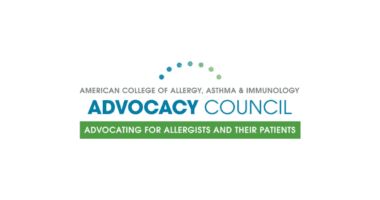Since Medicare’s inception, private health care insurers have taken on the role of processing Medicare beneficiaries’ Part A and Part B medical claims and are known as Medicare Administrative Contractors (MACs). To process Medicare claims, MACs are awarded geographic jurisdictions in which they serve as primary contacts between the Medicare Fee-for-Service (FFS) program and the physicians, other health care clinicians, and suppliers in the program.
Among the services provided, MACs process Medicare Part B claims and publish local coverage determinations (LCDs) and local coverage articles (LCAs) in the Medicare Coverage Database, which help educate providers regarding Medicare coding, billing, and coverage requirements.
Local coverage determinations (LCDs) are decisions made by MACs about whether to cover a particular treatment or medical device for beneficiaries in their service area. These decisions are often based on whether a service or item is considered “reasonable and necessary.” Local coverage determinations are different than national coverage determinations (NCDs), which are Medicare coverage decisions that are applied nationally. In instances where there isn’t an NCD, local coverage determinations are left to the MACs. The ability to make these decisions places a great deal of power into the hands of the MACs. Their control over coverage can pose a serious risk to patient care. They may limit which treatments a patient can receive or impose unreasonable requirements, sometimes putting patients at risk if they cannot access necessary treatment or receive it in the manner it was intended.
There are currently 12 Part A/B MACs assigned to manage Medicare claims, and they process about 54% (or about 35 million beneficiaries) of the total Medicare FFS population. In 2022, MACs serviced more than 1.1 million health care professionals, processed more than 1.1 billion claims (about 957 million of those were Part B claims), and paid out more than $422 billion in Medicare benefits.
The Advocacy Council – ADVOCATING FOR ALLERGISTS AND THEIR PATIENTS.




